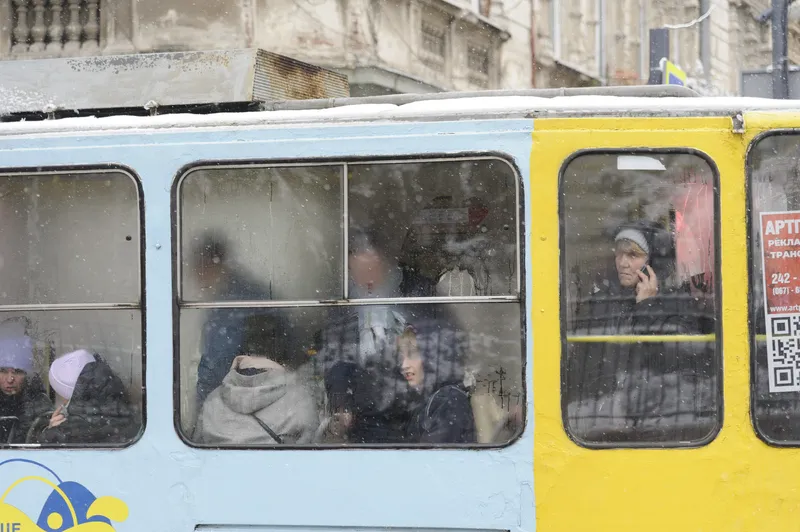The city of Houston, Texas has agreed to pay American Traffic Solutions (ATS) US$4.8 million in compensation for cancelling the city’s red light camera contract which was rejected by voters in November, 2010.
March 15, 2012
Read time: 1 min
The city of Houston, Texas has agreed to pay 17 American Traffic Solutions (ATS) US$4.8 million in compensation for cancelling the city’s red light camera contract which was rejected by voters in November, 2010. The red light cameras were eventually turned off last August.
ATS will receive an initial payment of $2.4 million, with the balance being paid over the next three years. The payments will use money from collected fines that are in escrow and the approximately $25 million the city is still owed in outstanding red-light tickets that were issued when the cameras were still operational. The settlement money is based on what ATS would have received had its contract run to 2014 as set out in the original contract.
ATS will receive an initial payment of $2.4 million, with the balance being paid over the next three years. The payments will use money from collected fines that are in escrow and the approximately $25 million the city is still owed in outstanding red-light tickets that were issued when the cameras were still operational. The settlement money is based on what ATS would have received had its contract run to 2014 as set out in the original contract.










